Benjamin Lange has been pretty much on top of the world, far removed from civilization.

“I was away for four months,” Lange said Friday from Tromsø, Norway, his current home base.
The Grande Prairie born-and-raised man recently returned from the summer leg of an Arctic research mission — the only Canadian that was part of an international crew of scientists, biologists and other experts.
“They’re all working together and connected to study the atmosphere, the ice, the snow and the ocean,” he said.
“This is a large piece of the puzzle to really predict climate change.”
The MOSAiC Expedition is the largest polar expedition in history; researchers from 20 countries are involved.
The goal is to catalogue the effects of climate change in the north and see what it means for the rest of the planet.
“The science behind it really helps us understand how things are going to change,” Lange explained, “how it’s going to evolve and what we can do about it. If you can better understand it, you can better predict it.”

Get daily National news
Upon return, one German researcher described how the “ice is dying,” with a stark warning that ice at the top of the world could melt entirely in the summer if things don’t change.
The north is described as the “epicenter” of climate change.
“My project that I’m involved with is to learn about the sea ice habitat.”
When asked, Lange acknowledged he’s worried, “but at the same time, I have hope.”
Lange is pleased to see people calling for change; he and his fellow researchers will add to the debate.
The postdoctoral fellow at the Norwegian Polar Institute is now analyzing the research from the expedition with some early papers in the works to submit for publication.
“The trust in science has been going down for a while and that is one thing I was worried about, more so than climate change because they’re connected. But with the COVID-19 situation, I think this just demonstrates how important science is.”
Lange earned his masters at the University of Alberta, studying sea ice geophysics.
He received his PhD from the University of Hamburg in Germany.





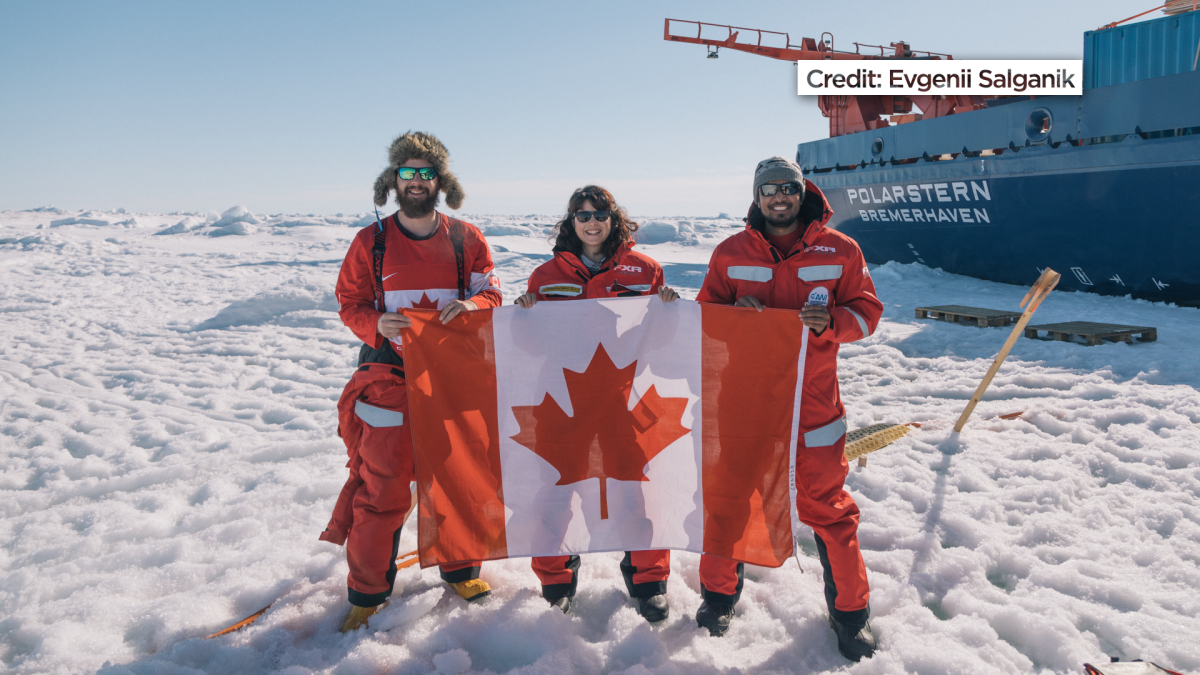

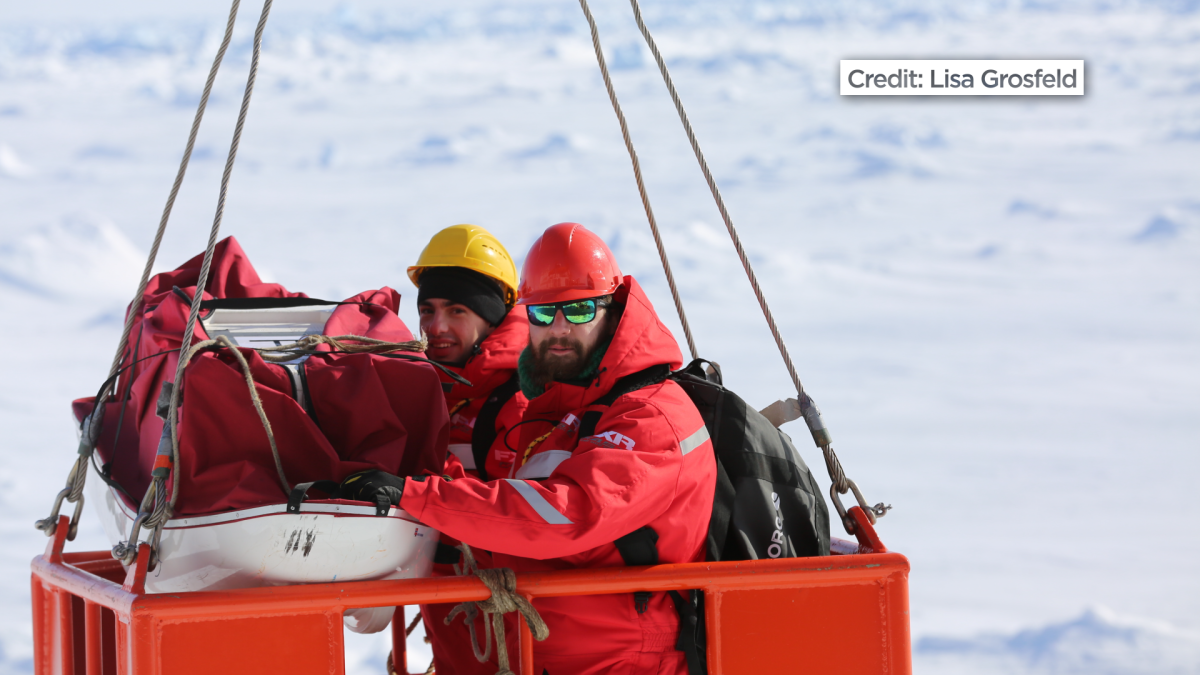

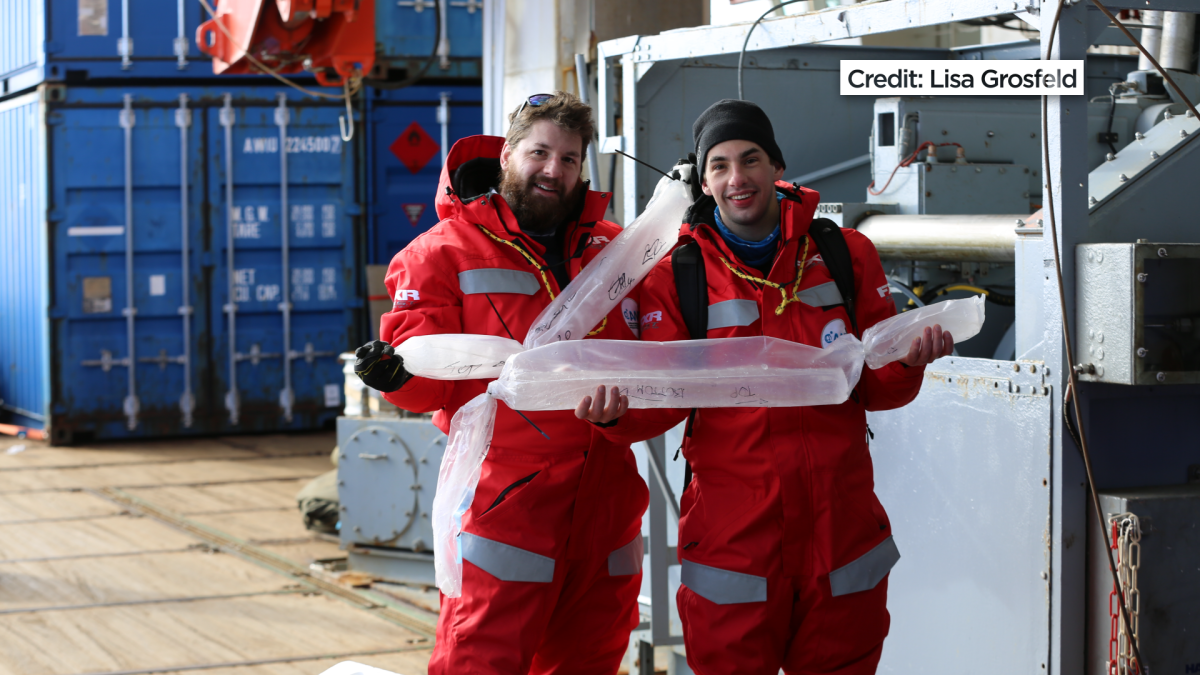



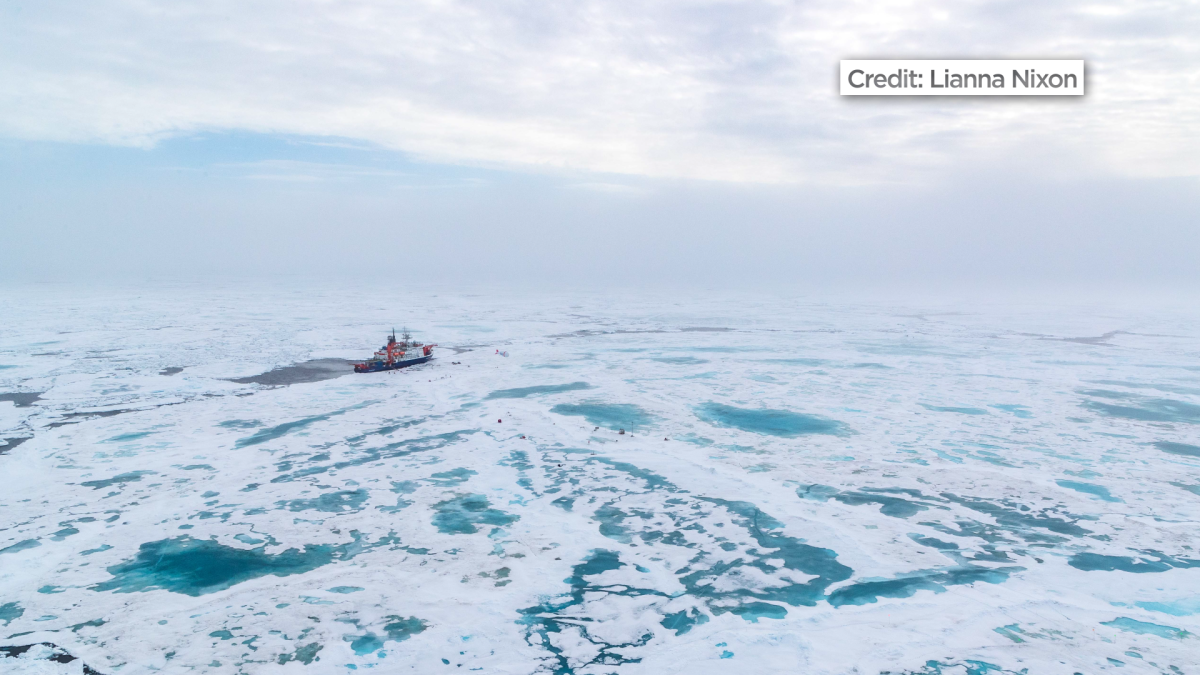

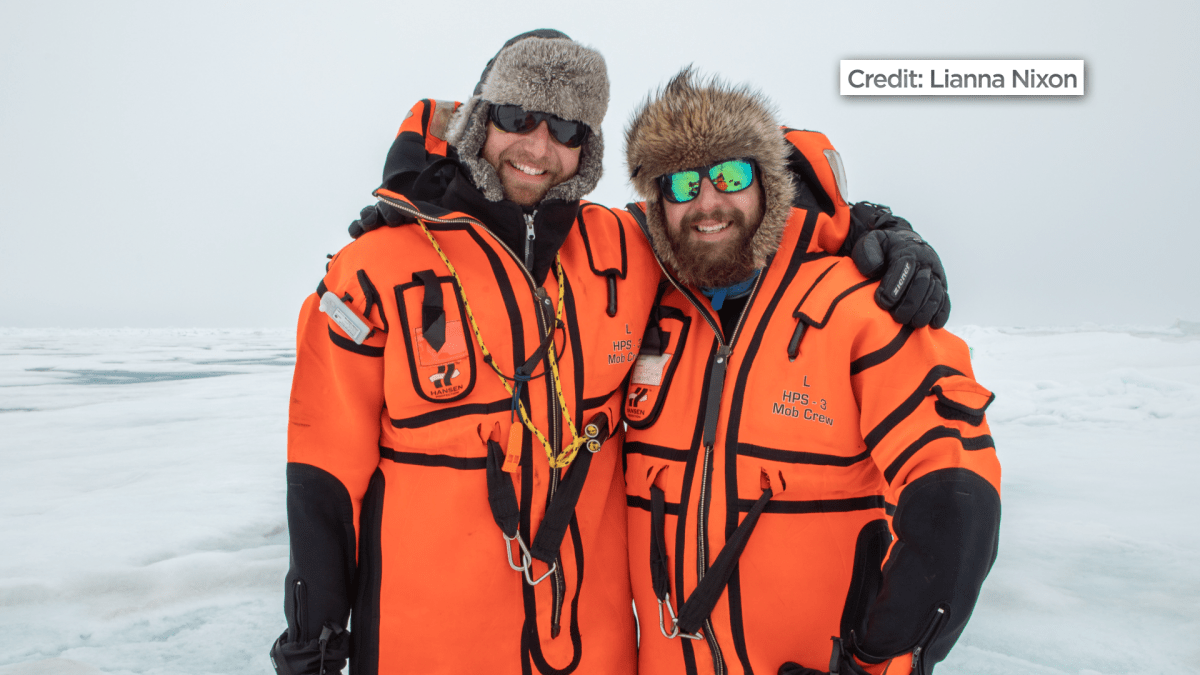

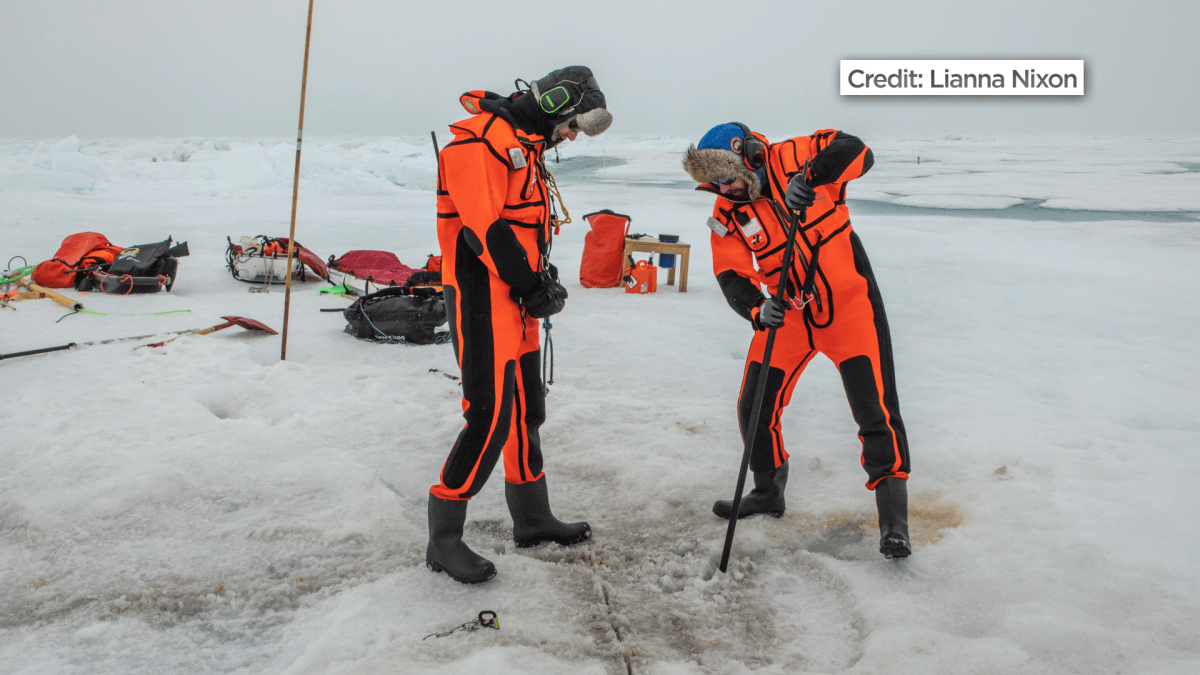

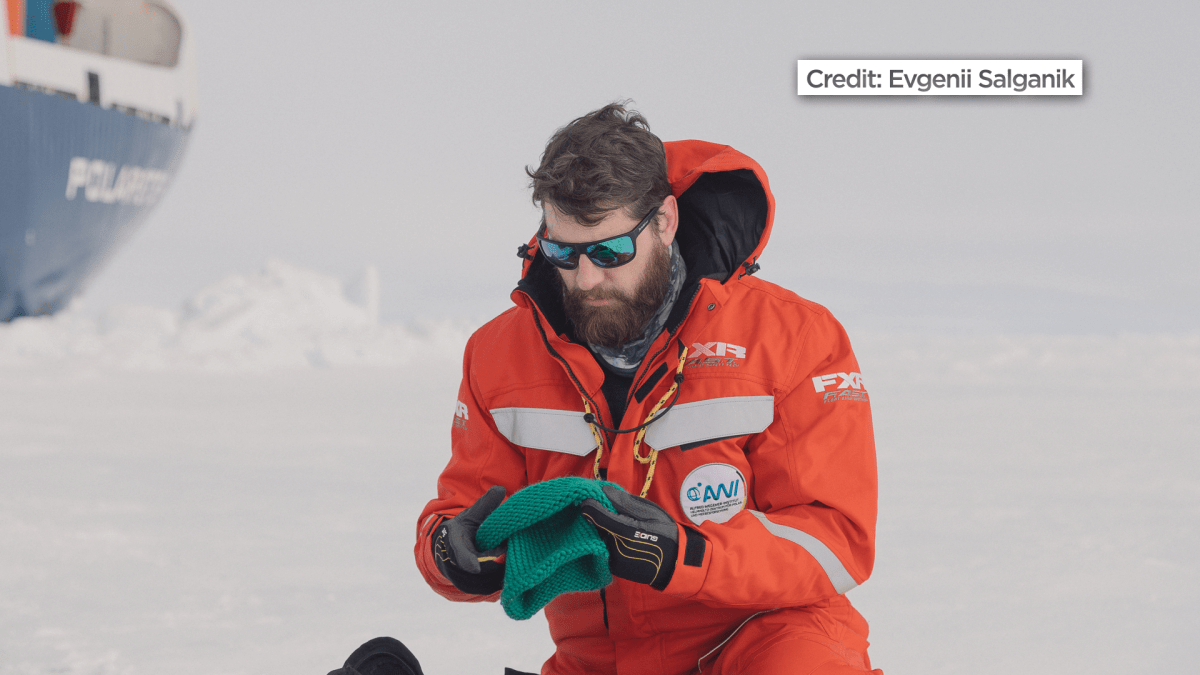


Comments
Want to discuss? Please read our Commenting Policy first.